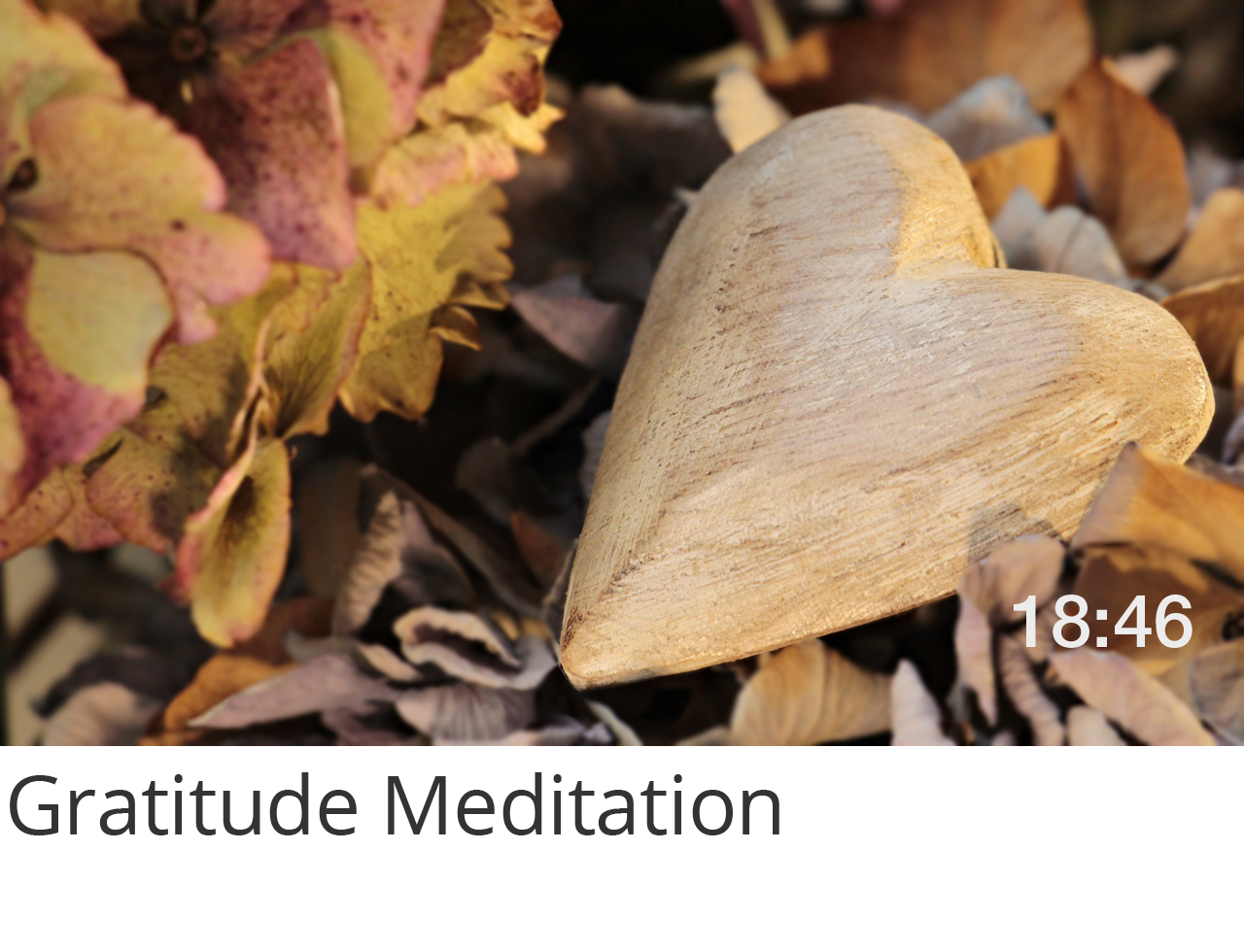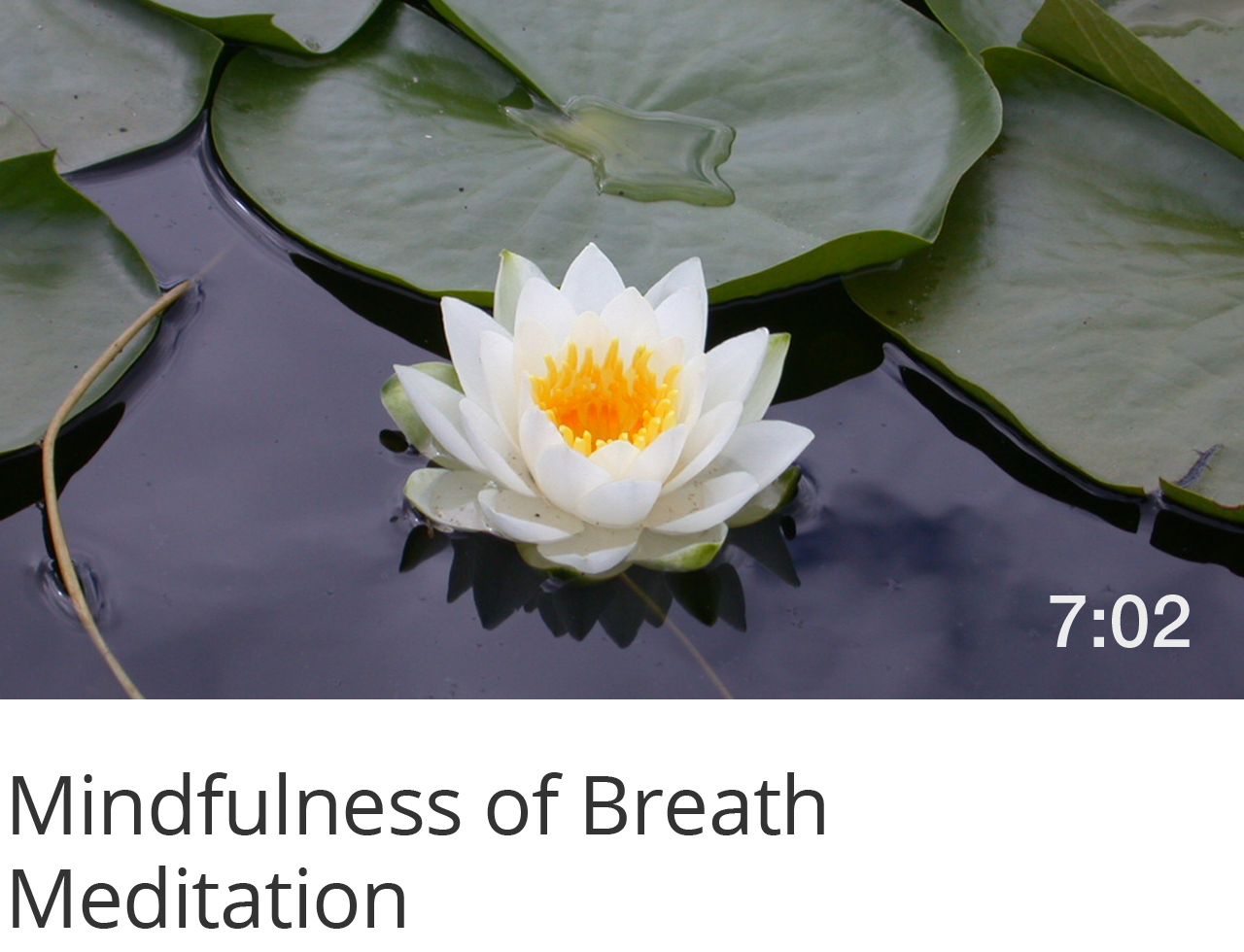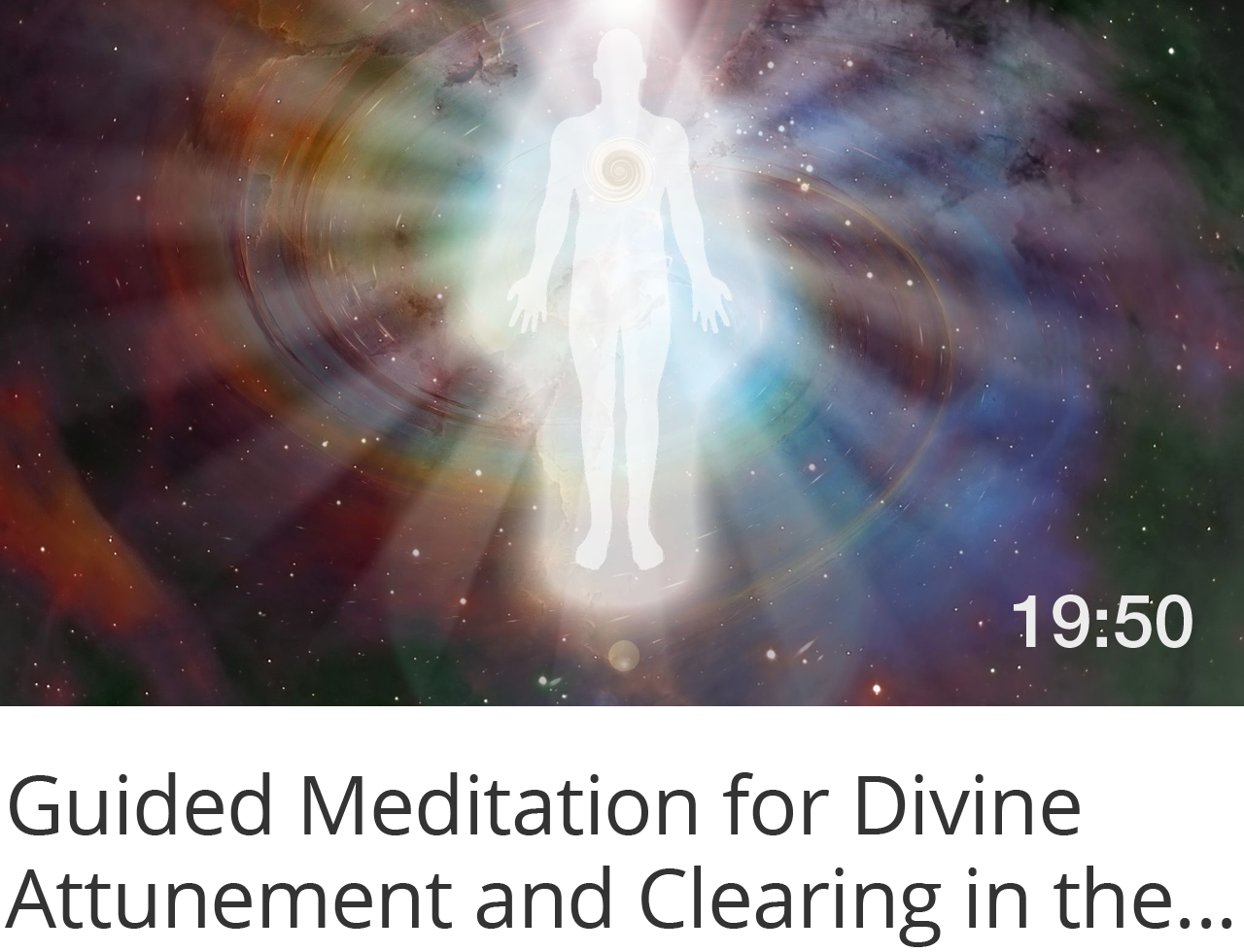Effective communication is crucial for being heard and building understanding, trust, and strong relationships. Many relationship glitches stem from a failure to communicate effectively. To communicate more effectively, it’s essential to practise mindfulness-based communication skills coupled with emotional intelligence. To support this, cultivate a rock-solid centre of presence so that you are more heart-centred, more in control of your attention, and not swayed by your reactive thoughts and emotions. In this post, I will explore how mindfulness contributes to effective communication and will share practical tips and wisdom for mastering it.
Mindful Communication
Mindfulness, which I define as the practice of consciously directing attention in the present moment without reactivity or judgement, enables you to let go of reactivity and distraction that can sabotage effective communication. By doing so, you can maintain your focus on the here and now to be a more effective and present communicator. If you find yourself stuck in a train of thought while someone is trying to talk with you and make themselves heard, or if you let crippling emotions limit what you say, you are unlikely to communicate effectively because you lack mindfulness. Similarly, if you don’t challenge your own cognitive bias or projection while listening to someone, even if you are focusing on what they are saying, your lack of mindfulness will inevitably distort their message.
Being present with mindfulness teaches you to let go of egoistic patterns of trying to be right or better than others, which can lead to resentment and conflict in relationships, sabotaging communication. Such egoistic patterns stem from a reactive, competitive, and often insecure ego. When you are present and in your centre, rather than entangled in reactive impulses and overlays of your ego, you are free to relate better with others, with a strong foundation for effective communication. Indeed, from your centre, you can align better with your true self and express your authenticity, embodying genuineness, empathy, and compassion in your communication.
When you communicate without being fully present or without your full attention, your communication will be ineffective, and you might say the wrong things and send out the wrong signals, as well as fail to hear and understand others. In some cases, arguments and conflict can also ensue, damaging trust and the potential for cooperation, harmony, or intimacy in your relationships. For more on how mindfulness and mindful communication help relationships, check out my post The Skill of Mindful Relating.
Mindful communication enables you to choose your words wisely. Consider how words can inflict pain in one moment and uplift the spirits in another. They can confuse, and they can clarify. They can alienate, and they can unite. It’s good to be actively choosing your vocabulary as you speak, based on your awareness of the needs and values of the person you are communicating with. Building rapport through mindful presence helps you to choose the best words and adopt the best tone and body language.
To develop as a mindful communicator, work on a daily mindfulness practice, such as my mindfulness of breath meditation. This alone, after a few weeks of daily practice, will help to rewire your brain for mindfulness. Add to this an intention to stay present during your conversations so that you listen with your full attention and bring your attention back whenever it wanders, and you will have a powerful means of developing yourself as an effective communicator.
Full Communication with Your Whole Body and Being
Effective communication is not just a rational need but also a physical, emotional, and spiritual need. It takes place with your whole body and being. This is why nonverbal communication—such as eye contact, body language, voice tone, touch, and feeling—is as important as verbal communication, and why it’s preferable to have conversations with others in person than by texts, emails, or phone. The propensity for communications to be reduced to texts and emails when they could be conducted in person or at least by phone is a trend that will inevitably make us less present.
Full communication ensures that you don’t miss out on understanding the messages of others. You can pick up on another’s state by being mindful of their nonverbal cues, even if their words don’t convey this information. This is a crucial skill when trying to communicate effectively with a person who is unable or unwilling to speak.
If you want to increase your performance as a leader, manager, or role model, learn how to communicate on multiple levels at once to maximise your impact—without overwhelming. The best motivational speakers always incorporate body language, facial expressions, and hand gestures into their communication. To learn this process, practise in front of a mirror or record yourself on video to see what works best.
Making use of the full range of communication levels also ensures that you can use the most effective means of communication for a given instance. Some people are more visual in how they process information and benefit from communication styles that incorporate gestures and other visual cues and aids. Some people prefer a certain mode of communication over another, either in general or in different situations. They may, for instance, prefer a hug when they are upset rather than rational words. It’s good to learn each other’s preference for communicating in the moment.
Emotional Awareness
Emotional awareness is a part of emotional intelligence that aids effective communication. It enables you to understand what you and the other person are feeling and why. You can then address the issues behind these feelings and develop empathy and compassion as bridges for support. By being mindful of these feelings and thus not entangled in them, you can ensure that you don’t react to them and say the wrong thing or hold back from being genuine.
Emotional awareness also enables you to effectively express how you feel, and helps you address your emotional needs. When you are out of touch with your feelings, you will find it challenging to address what really matters, which can lead to misunderstanding, frustration, resentment, conflict, and unmet needs. This can make you a less effective communicator and only strengthen your suppressed emotions, putting them at risk of being distorted—coming out as explosive or vindictive anger, for example, or turning inwards as shame.
Genuineness
To communicate effectively, you also need to be genuine. Communicating with genuineness means saying what really matters to you, and expressing how you really think and feel. Ultimately, it’s about communicating from your true self, rather than your persona—the pretend image that you project to others as an ego-defence mechanism.
To be able to speak and express your truth, even if you think it may not be accepted by others, is a powerful test of your authenticity and effectiveness as a communicator. Genuineness will also strengthen your relationships by building trust. You are not likely to trust others who are not being true to you, and others are not likely to trust you if you are not being true to them. With trust, you build openness, intimacy, and commitment, and therefore strong relationships.
By being mindful, you can bring your attention back from your reactive thoughts and emotions so that you are not swayed by them and can hold your centre. You are then in the best place to communicate with genuineness and authenticity, especially when you consciously align with and embody your true self.
Active Listening
Learning to communicate effectively requires you to understand that listening is as important as speaking, and that it’s not a passive act. Active listening means listening mindfully with your full attention and presence to understand the other person. Rather than listening passively, soaking up the words without necessarily understanding what is being said, you instead use all of your ability and resources to make sure that you are hearing and understanding the other person. You give your full attention to the other person, letting go of your own agendas and concerns for the conversation. This means that while listening you are not planning what to say next or trying to jump in or interrupt. Your mind is kept clear, and your attention focused on the other person. If thoughts, judgements and opinions start to pop into your head and pull your attention away, notice this, let them go, and bring your attention back and continue to listen.
When people are heard and understood by each other, a deeper, authentic connection is built between them, leading to increased trust and satisfaction. The mutual understanding reduces the chances of frustration, resentment, conflict, and arguments. This is essential for conflict resolution and healing in relationships, as well as community building and peace-building, where we seek to understand the needs of all parties.
Responsibility to Communicate Effectively
Taking responsibility to communicate effectively is the cornerstone of a successful relationship. It means being vulnerable in a safe space and letting others know what is important to you and what your needs and values are. People are not necessarily mind-readers, no matter how close they are to you. Don’t assume that such things are obvious to them. Sometimes you simply need to check if they understand or remember what is important to you. For this reason it’s also good practice to show the other person that you understand them when they have communicated to you—even if you don’t totally agree with them. The practice of not answering someone or putting forward a different view when you don’t agree with what you have heard is not effective communication because it doesn’t show them that you have understood them and doesn’t encourage you to try to understand them or empathise with them. It may only create further division.
Taking responsibility for communicating effectively means that, when somebody is talking to you, you are doing your best to listen. Do not assume that you have heard them or understood them correctly. This is why the best communicators always take responsibility for understanding the message that they receive and check with the other person that they have heard it correctly. You can do this by paraphrasing, summarising, and reflecting back what you think has been said to you.
When you communicate your needs and feelings, it’s important that you are practising emotional intelligence by taking responsibility for your experience, rather than blaming it on the other person or demanding something from them as if they are responsible for your state of being. When you blame the other person for how you are, you are not owning your responsibility and power or realising that how you feel is your own creation. Blaming others for your own state of being will likely create guilt and resentment and damage the relationship. For more on this, check out my post on emotional intelligence, especially the section on shadow projection.
One of the skills of effective and responsible communication is the ability to communicate clearly and positively, with an awareness of your impact on others. Just as negative self-talk can place you in unresourceful states, your negative communication can also place others in unresourceful states. While you are not responsible for the psychological states of other people, you are responsible for creating the information and messages that you pass on and for doing your best to live with compassion and integrity. When you reframe a negative experience into a positive one, you are removing the distortions of thought to communicate more clearly and to walk more lightly in this world.
Summary
Effective communication utilises the skills of mindfulness, emotional awareness, genuineness, active listening, paraphrasing, summarising, and reflection. It is enhanced by your emotional intelligence, your willingness to take responsibility for your experience, and your ability to communicate with your whole body and being. By engaging in more mindful and effective communication, you will build stronger and more successful relationships. I wish you the best with this!
Next Step: to supercharge your communication skills and develop more mindfulness and wisdom in your communications and relationships, book a free, empowering Guidance Call with me.







